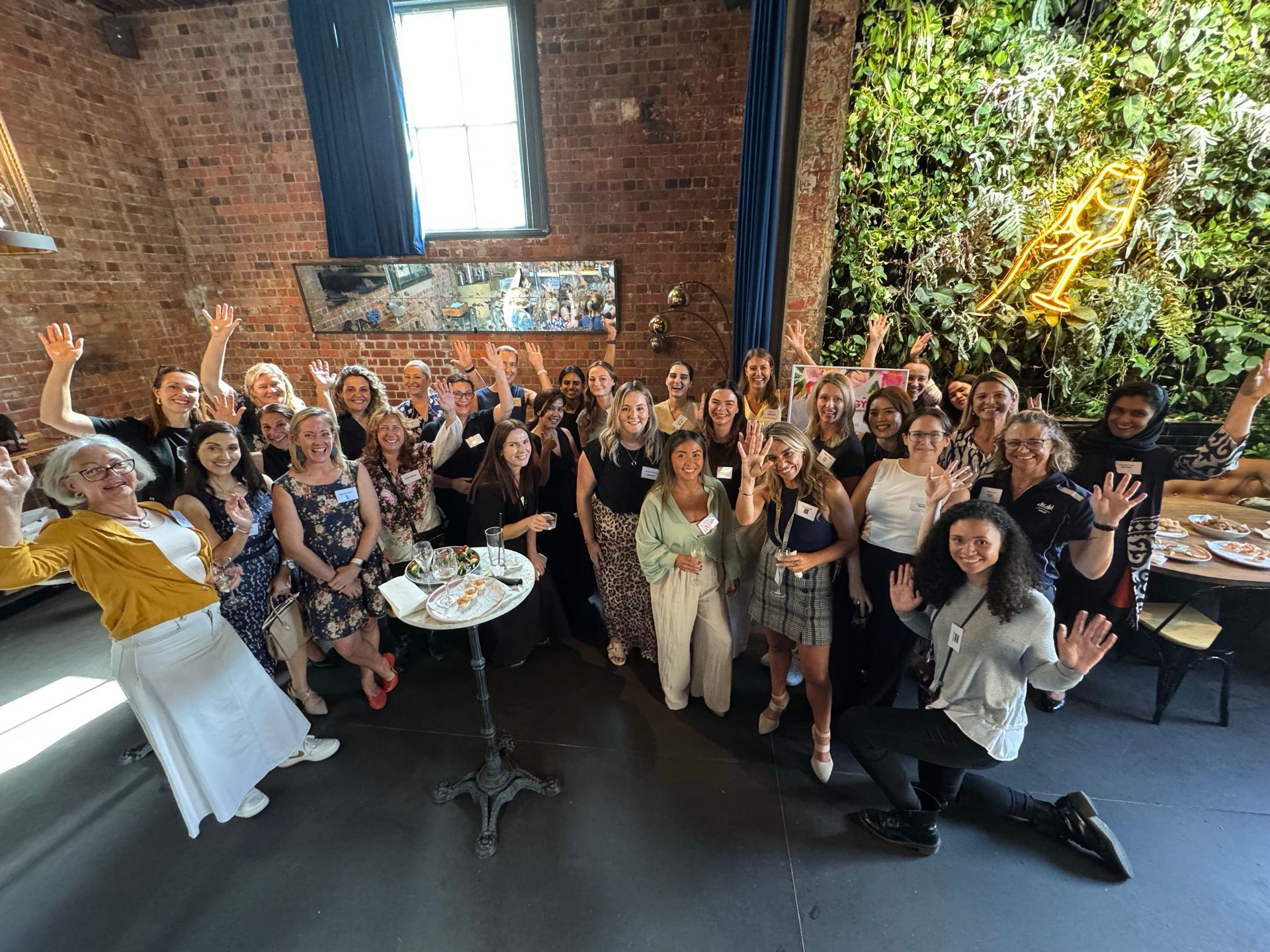WA Director Jailed for Workplace Fatality
What has happened?
suspended), a $2,250 fine and his company fined $605,000 in the first custodial sentence for a safety prosecution in WA history. This is also the highest fine ever issued in WA for a workplace safety breach.
The Director and the company pleaded guilty to gross negligence causing the death of one worker and serious injury to another.
The Director owned and operated a small shed building company. In March 2020, the two workers were installing roofing when strong winds caused a roof sheet to lift and both workers to fall approximately 9 metres. Neither worker held a high risk work licence or wore a safety harness.
Notably, these types of incidents were known in the industry (particularly in the Esperance region) and the Director was aware of the risks. Despite the Director’s early guilty plea and acceptance of responsibility, the Court considered the failures were of the most serious type.
This decision is the first time an individual has been jailed in WA under the existing safety legislation and is significant as it:
- clarifies the misconception that industrial manslaughter is a new concept for WA when the possibility of a jail sentence for a serious breach of safety legislation has always been the reality;
- is a clear indication that the safety regulators in WA will be willing to use new industrial manslaughter provisions to their full extent when the new WHS laws commence (in respect of officers and persons conducting businesses and undertakings); and
- demonstrates Courts will issue penalties for safety breaches that are in line with the new, significantly higher, penalty regimes.
regulationsConsiderations for employers
While safety is often considered a purely operational matter, this decision and outcome demonstrates that responsibility for safety exists at every level of an enterprise.
Employers and officers should be taking note of this decision and the attitude of the regulator in bringing a prosecution of this type against an individual, particularly in light of the impending Work Health and Safety Act 2020 (WHS Act) which places express obligations on officers in respect of safety and strengthens the framework for individual officer prosecutions.
Under the WHS Act, industrial manslaughter can result in individuals being liable for a maximum fine of $5,000,000 and/or up to 20 years imprisonment and corporations for a maximum fine of $10,000,000.
Due diligence provisions for officers require that they be familiar with the operational risks of the business, the systems to manage those risks and that they take steps to verify that the systems are in place and effective. A failure to take these steps may see officers liable for safety breaches, including where there has been a significant incident.
We recommend employers and individual officers actively review the safety arrangements currently in place and begin taking steps to ensure that they are ready for the introduction of the WHS Act.
Source: Kingston Reid
Contact Us
Zenergy News







